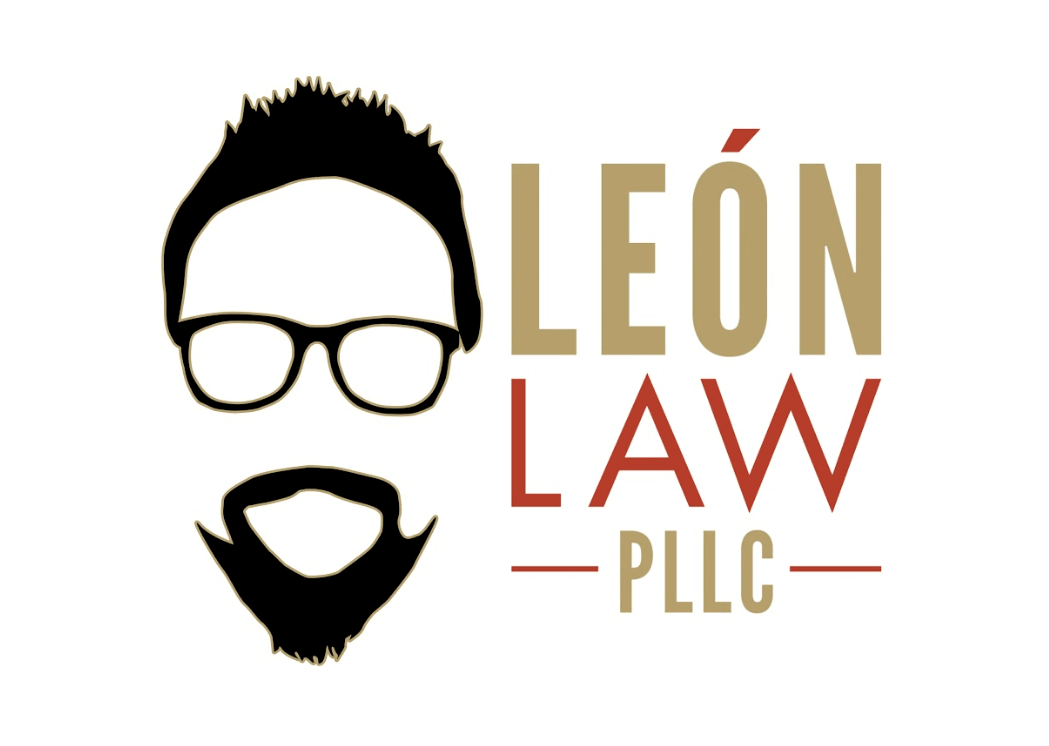When a personal injury lawsuit is filed either by you or against you, both sides will eventually find themselves in a stage of the legal process known as ‘discovery’. This stage of the legal process is where the parties involved exchange evidence and information in preparation for trial. This exchange of information can be exercised in many different ways such as issuing subpoenas for relevant documents and interrogatories. However, the key tool to discovery is what is known as a deposition.
In short, a deposition is sworn, out-of-court testimony where an attorney asks a series of questions relevant to the case, and the answers are transcribed to later be used at trial. The person being deposed (the deponent) will be served a subpoena which will legally require them to provide their oral testimony at a given time and place. The person being deposed is often a key witness to a case. In motor vehicle accident cases, this witness is likely to be one of the drivers, a passenger, or an eyewitness of the scene.
A deposition is generally used to find out what the deponent knows regarding the events of the case and to preserve it. However, there are many other reasons an attorney may call for deposition. For instance, depositions can function as a tool to protect a client from a witness trying to change their story at trial- the transcript from the deposition will act as a tool to hold them accountable to their testimony. Similarly, the testimony transcript will be available in the unfortunate event that a witness falls ill or dies before/during trial. Lastly, the legal process can be very time consuming, and reaching the trial phase can take months and sometimes years. Thus, a deposition will allow the deponent to recall important details before too much time passes causing them to forget important details, therefore weakening their credibility.
Depositions will usually take place in an attorney’s office with other parties relevant to the case such as the court reporter and attorneys for both parties. However, judges and other court personnel, like security, will typically not be present. If you are being deposed, it is important to have your attorney(s) present as some of the questions are typically a little different than what is allowed in court. Your attorney has a right to object to some questions but you will usually be required to answer. These objections are later ruled on by a judge.
In the case of a car accident deposition, three main topics will typically be covered. One being personal history inquiries such as educational, family, criminal, and medical backgrounds. Secondly, questions will be asked regarding the detailed events surrounding the accident including the traffic and weather conditions at the time of the accident and the cost of repairs. Lastly, if you are the plaintiff, you may be asked about the injuries you sustained and how they have impacted your work and personal life. More specific information about questions on what you may be asked and why here.
Depositions can make or break your case. Therefore, you should be properly prepared by your attorney for the best possible outcome. The information above is strictly for informational purposes and should not be taken as legal advice. Here at Leon Law, PLLC, we are happy to provide you with a free case review to inquire more about your legal options. Call our office at602.269.1083 or email us atinfo@leonlawpllc.com.



